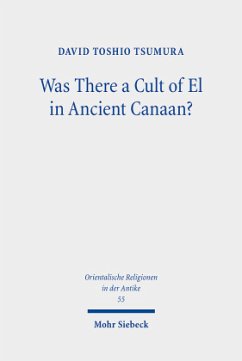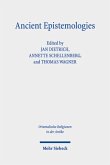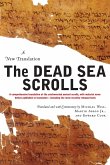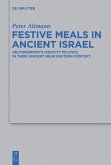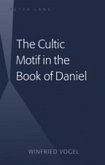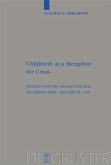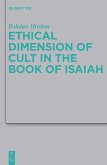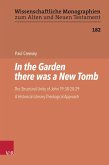Since their discovery in 1929, Ugaritic documents have shed light on the Canaanite background of the ancient Israelite religion. But to use them properly, it is crucial first to interpret the texts philologically in their historical and cultural context. In particular, we must grasp the characteristics of polytheism from within, without imposing a Western understanding of deity. David Toshio Tsumura examines a number of mythological and liturgical texts in detail for how they interpret deity, and especially deals with the different meanings of the Ugaritic term IL, a cognate of the Hebrew el, "god." This can be a generic noun, "god," proper name "El,"or a term for the collective godhead "The Deity." Thus, the author sheds light on ancient Canaanite religious practices and social customs essential for a better understanding of Old Testament literature.
Bitte wählen Sie Ihr Anliegen aus.
Rechnungen
Retourenschein anfordern
Bestellstatus
Storno

